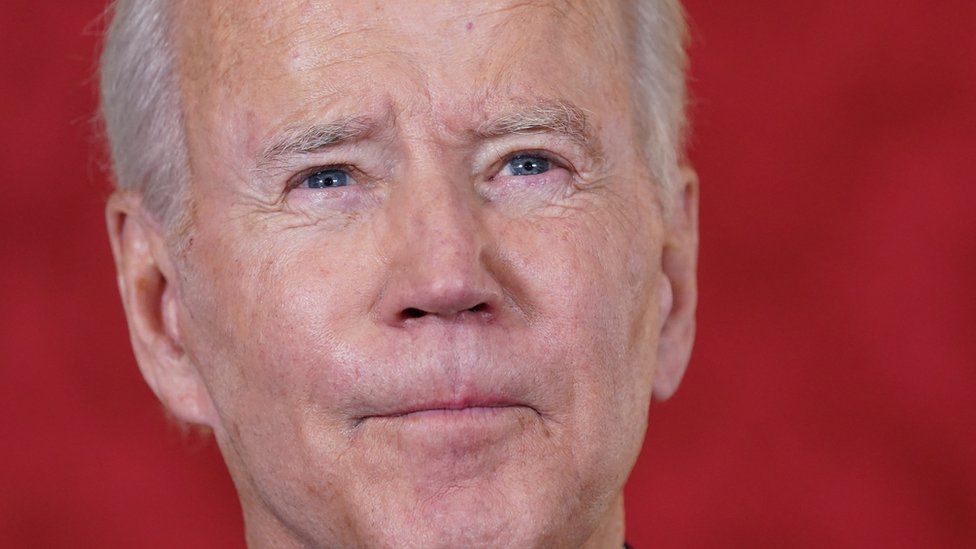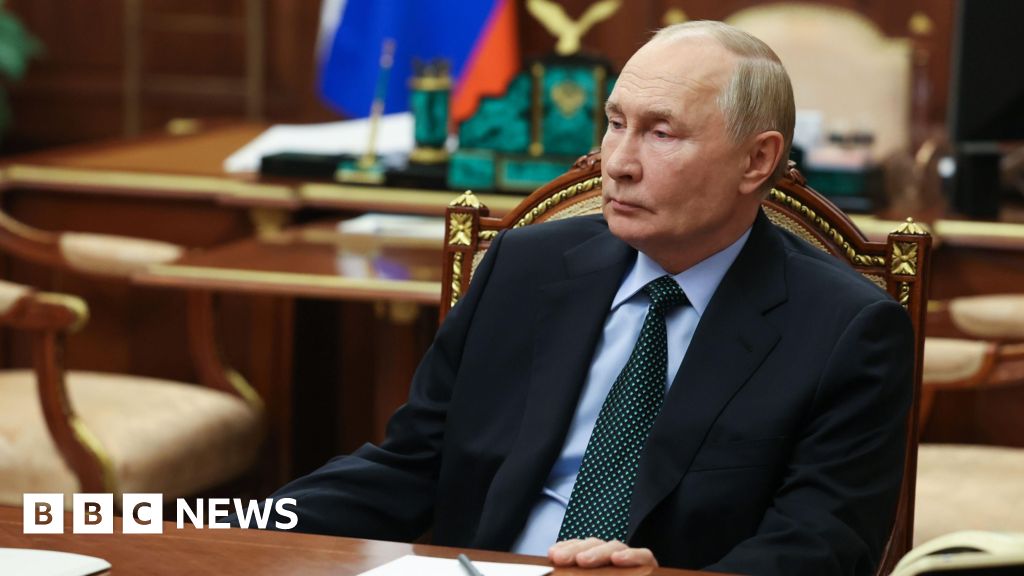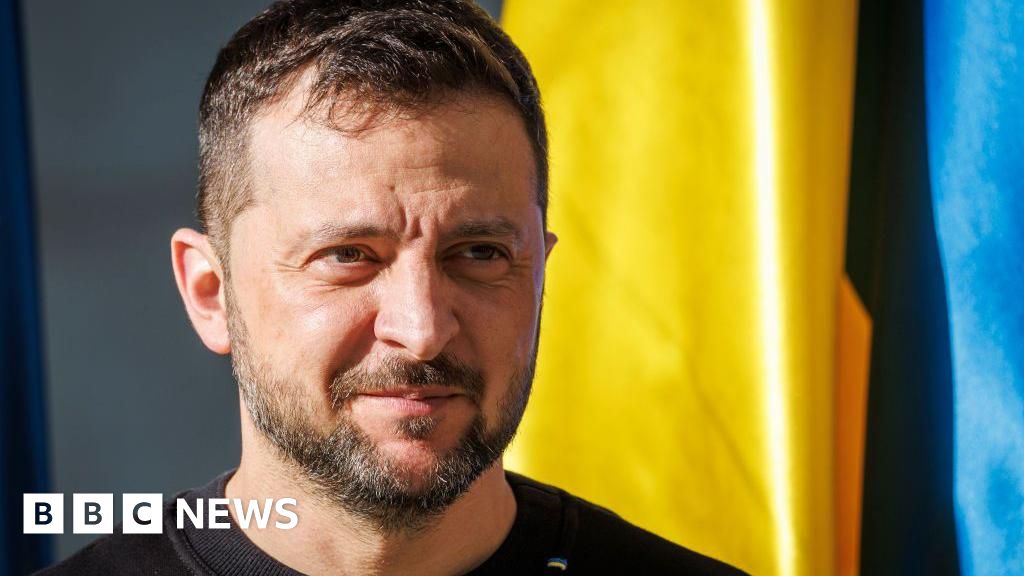ARTICLE AD BOX
By Frances Mao
BBC News
 Image source, EPA
Image source, EPA
Joe Biden has reiterated that the US will defend Taiwan in the event of a Chinese invasion
US President Joe Biden has again said the US would defend Taiwan in the event of an "unprecedented attack" by China.
Speaking in a CBS interview, Mr Biden replied "Yes" when asked if that meant US forces would defend Taiwan.
The interview aired on Sunday, prompting the White House to reiterate that US policy had not changed.
Washington's policy has always been one of "strategic ambiguity" - it does not commit to defending Taiwan, but also does not rule out the option.
Taiwan is a self-ruled island off the coast of eastern China that Beijing claims as part of its territory. Washington has long walked a diplomatic tightrope over the issue. On the one hand it adheres to the One China policy, a cornerstone of its relationship with Beijing.
Under this policy, Taiwan is a part of China and the position is not challenged. So the US does not recognise it as a separate state and has no diplomatic ties with the island. But it maintains close relations and sells arms to Taiwan under the Taiwan Relations Act, which states that the US must provide the island with the means to defend itself.
Mr Biden reiterated this in the CBS 60 Minutes interview on Sunday.
"There's a One-China policy and Taiwan makes their own judgements on their independence. We are not moving, not encouraging their being independent - that's their decision," he said.
Mr Biden had made similar comments in May, vowing to intervene militarily to defend Taiwan if it was attacked. The White House had quickly followed up by saying there was do departure from America's long- standing policy.
This time too the White House has issued a statement that appears to contradict Mr Biden: "The President has said this before, including in Tokyo earlier this year. He also made clear then that our Taiwan policy hasn't changed. That remains true."
But this is the third time in a year that President Biden has gone further than the official stance in indicating a promise of military action - in October 2021 and then again in May this year.
Earlier this month, the US agreed to sell $1.1bn (£955m) in weaponry and missile defence to Taiwan, provoking anger from China.
Tensions between US and China have peaked after US House Speaker Nancy Pelosi made a controversial visit to the island in August - a trip Mr Biden had said was "not a good idea".
In response, Beijing staged a five-day military blockade around Taiwan. The US claims it shot missiles over the island, but Beijing did not confirm this and Taiwan said the missiles China fired flew high into the atmosphere and posed no threat.
Watch: Biden warns Putin not to use tactical nuclear weapons

 2 years ago
14
2 years ago
14








 English (US)
English (US)